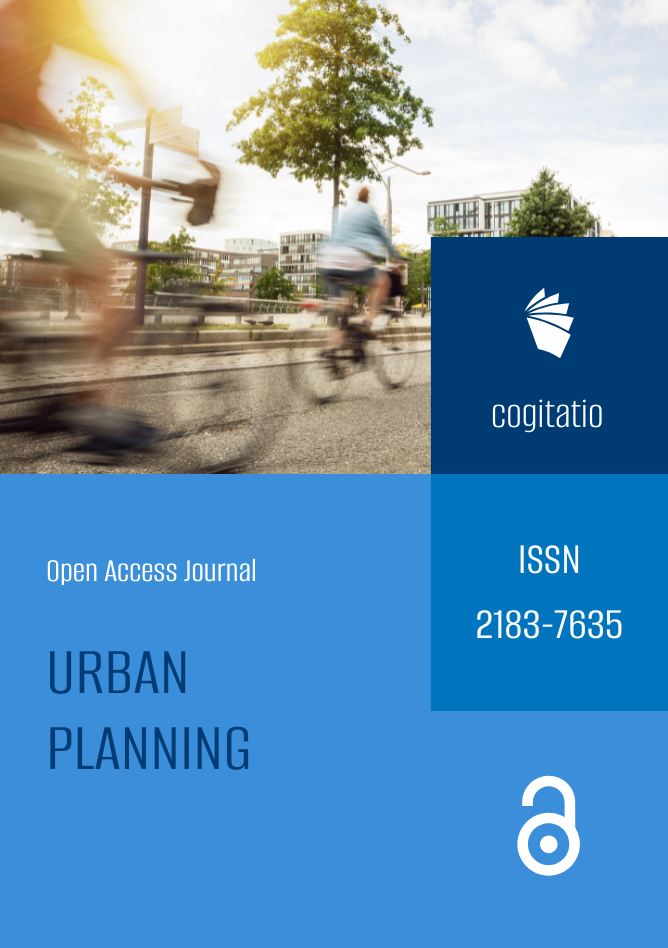While a wide range of community‐based civic initiatives and collective practices have emerged in urban settings in recent years, the intersection of spatiality, care, and communities is a relatively little‐discussed topic. In the examination of urban life, the concept of social infrastructures may be a useful tool, that refers to spaces, facilities, institutions, and communities that enable social connections in the urban environment and contributes to the operation of the city with regards to well‐being, inclusiveness, autonomy, accessibility, and mobility for potentially vulnerable social groups like older people. The article applies the concept as a starting point and presents three case studies of caring communities in Austria, Hungary, and the Netherlands.
The paper is available online here:
https://www.cogitatiopress.com/urbanplanning/article/view/10038



